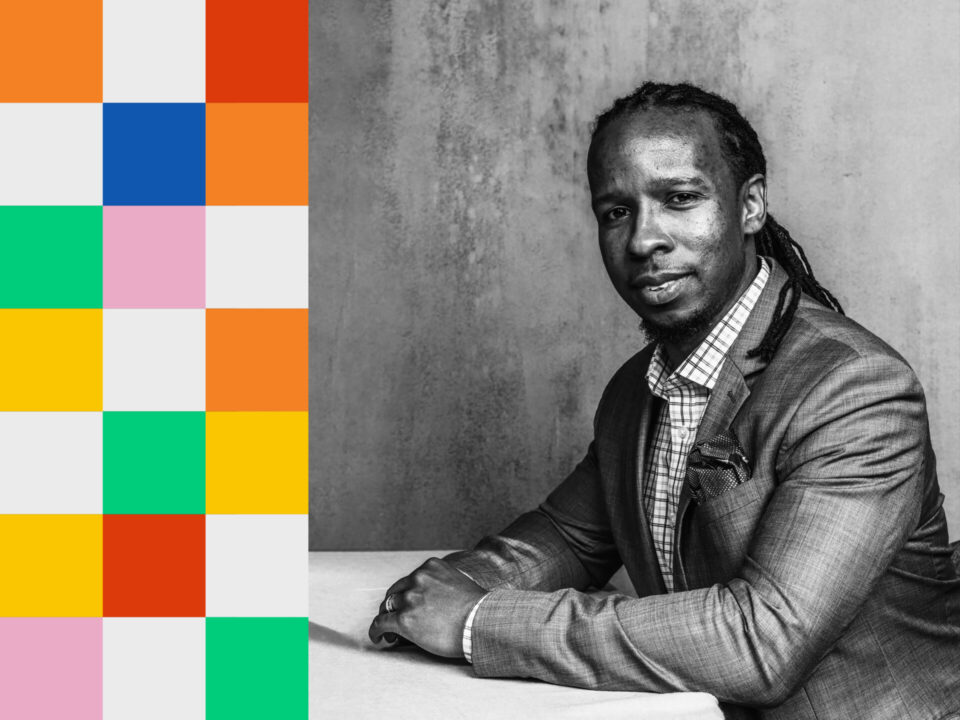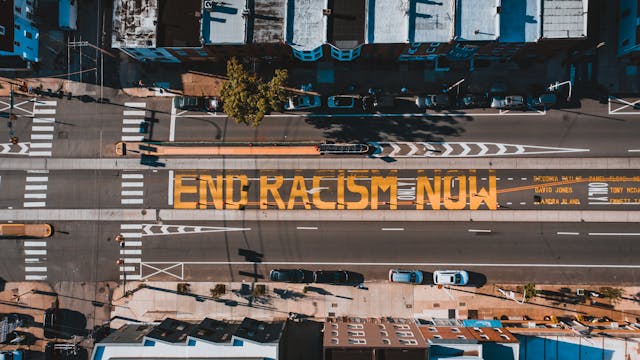The dynamics of privilege and structural racism reveal a disparity where certain societal systems confer advantages upon certain racial groups while disadvantaging others. White privilege, a concept articulated by Robin DiAngelo, describes the defensive reactions many white individuals exhibit when confronted with discussions about race and privilege. White privilege highlights how individuals with lighter skin tones often experience life differently due to systemic biases.
White privilege manifests itself in various aspects of daily life, often unnoticed by those who benefit from it. Here are some examples:
- Nude Plasters: In many places, the default colour for adhesive bandages or plasters is a light beige or flesh tone that closely matches the skin colour of white individuals. White people can easily find bandages that blend with their skin tone, whereas individuals with darker skin tones may struggle. This small but significant detail highlights how the default standard in society often caters to the needs and experiences of white people.
- Stop and Search: Studies have shown that people of colour, particularly Black individuals, are disproportionately targeted for stop and search procedures by law enforcement compared to their white counterparts. White individuals are less likely to experience unwarranted suspicion or harassment from authorities solely based on their race.
- School Curriculum: The curriculum taught in many educational institutions often reflects the perspectives, histories, and achievements of white people while marginalising or omitting the contributions and experiences of people of colour. This Eurocentric bias in education can reinforce a distorted view of history and perpetuate stereotypes, making it difficult for students of colour to see themselves reflected positively in the material they study.
Three steps to address these issues:
- Confront privilege and racism by fostering inclusive environments where discussions are encouraged.
- Implement training programs, diversity initiatives, and inclusive policies to help create a culture where everyone feels valued and empowered to challenge systemic injustices.
- Educate oneself, advocating for change, amplify marginalised voices, and confront biases.


